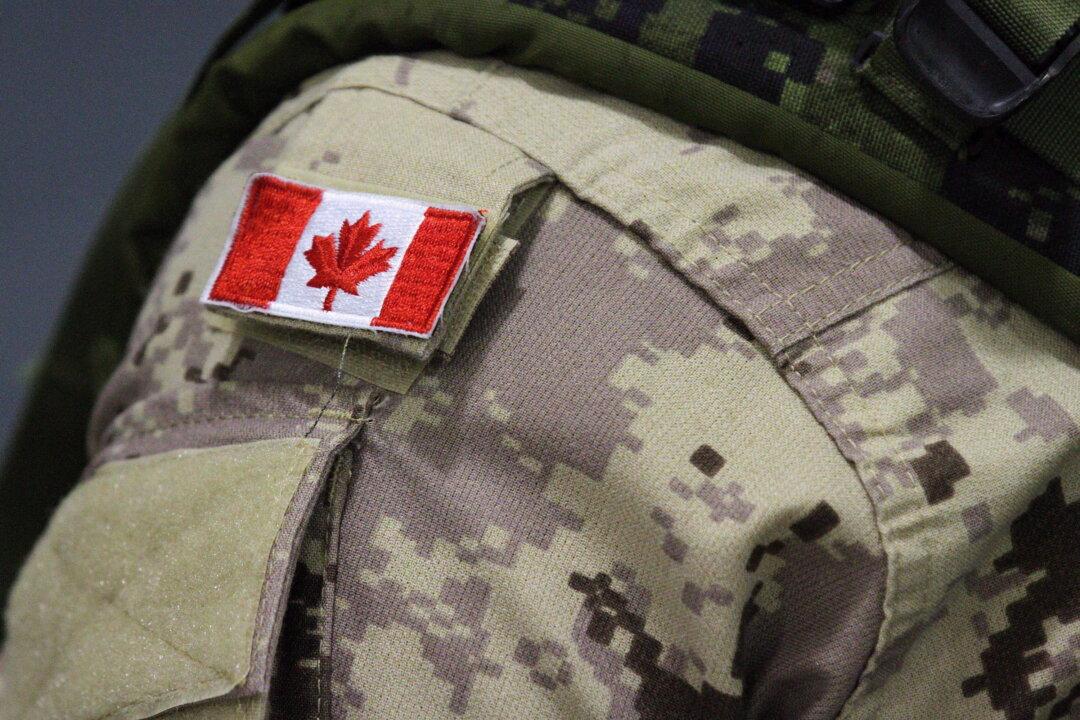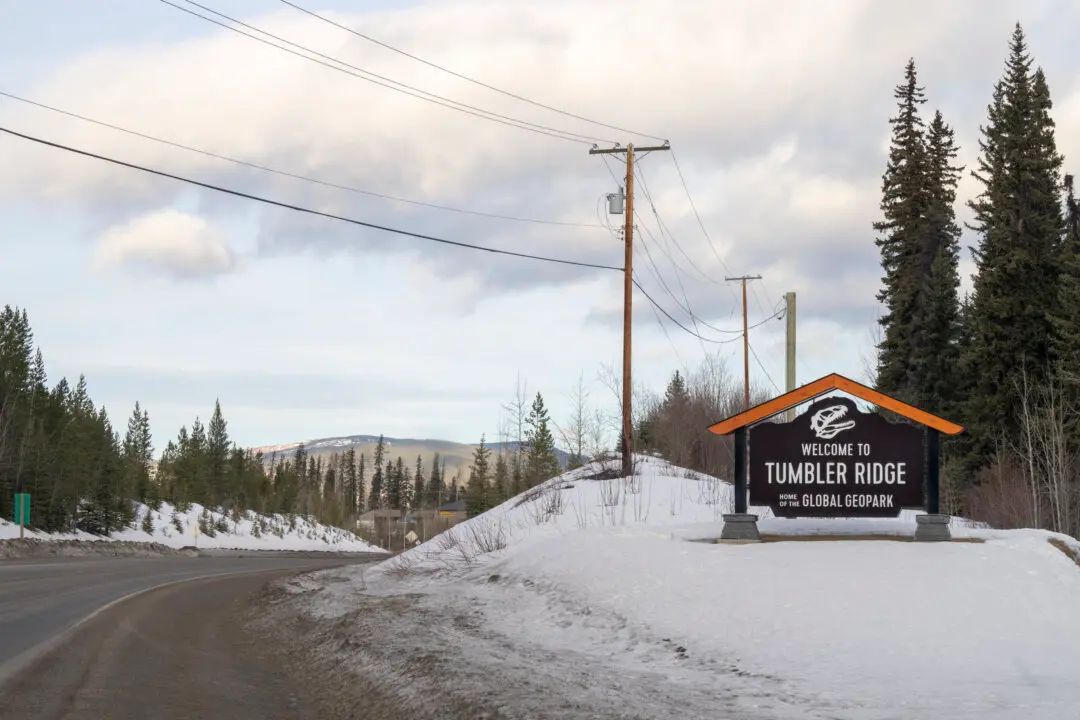OTTAWA—The military’s top prosecutor and police officer say they will transfer sexual misconduct cases to civilian authorities, and that they will be reaching out to victims affected by the change.
In a statement, Col. Dylan Kerr, the director of military prosecutions, and Brig.-Gen. Simon Trudeau, the Canadian Forces Provost Marshal, defend the professionalism, dedication and competence of the military prosecutors and police officers under their command.





